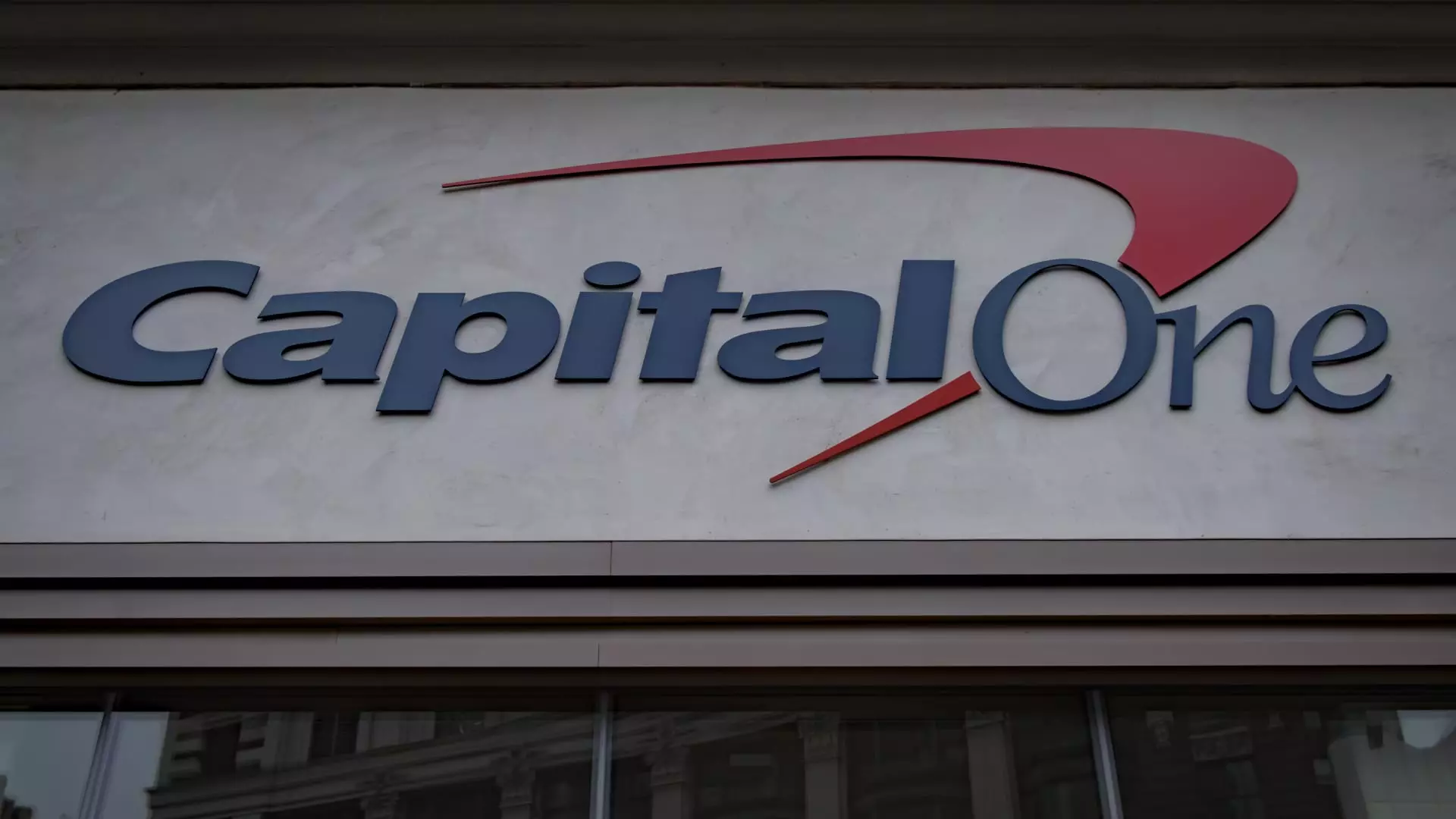In a moment that is set to reshape the financial services landscape, Capital One Financial has received the official nod from both the Federal Reserve and the Office of the Comptroller of the Currency regarding its $35.3 billion acquisition of Discover Financial Services. This significant approval is not just a procedural formality; it reflects a deep evaluation of the financial and managerial capabilities of both entities, as well as the necessity to address community needs and competitive dynamics. It is commendable that regulators are ensuring that any merger serves the society at large, rather than ill-serving consumer interests. However, this deal also prompts reflection on potential pitfalls such as a further tightening of consumer choices in the credit market.
Implications for Shareholders and Market Competition
As the two titans of credit card issuance unite, the dynamics of shareholder interests and market competition come to the forefront. Discover shareholders are set to receive a staggering 26% premium on their shares, a clear indication of Capital One’s aggressive expansion strategy. Shareholders in such a transaction usually take center stage, and rightly so, but one must question whether this kind of consolidation ultimately serves the interests of the broader consumer base or simply consolidates power among an already shrinking pool of players. When monopolistic tendencies arise, choices dwindle, and prices may increase—an unfortunate but realistic expectation in the financial sector landscape.
Finalizing the Deal Amid Scandals
Despite the celebratory atmosphere surrounding the merger, it’s crucial to recall the dark clouds hovering over Discover due to financial improprieties. With a monumental fine of $100 million levied against Discover for overcharging interchange fees—a practice that has reportedly afflicted customers for years—questions about ethical governance and consumer trust loom large. While the acquisition may provide immediate financial benefits and operational efficiencies for Capital One, it also carries the burden of rectifying past wrongs on Discover’s part. The promise of “corrective actions” as stipulated by the OCC is encouraging, but businesses often shy away from significant self-correction without stringent oversight.
Changes in Ownership Stakes and Future Outlook
Upon the conclusion of this merger, Capital One shareholders will command 60% of the newly formed entity, while Discover shareholders will retain 40%. This division may initially seem equitable, but it raises questions about the future strategic direction of the combined organization. Will consumer interests remain a priority, or will the dominant shareholder base push for more aggressive profit-driven agendas? Capital One has a robust foundation, but the infusion of Discover brings both challenges and prospects that must be navigated with skill. The anticipated closing date of May 18 feels too close for comfort considering the existing controversies, and stakeholders will be watching keenly.
This deal is not merely a financial transaction; it is a test of regulatory rigor and ethical governance in the corporate world. The eyes of not only investors but also of consumers and civic leaders must remain vigilant as this consolidation unfolds, operating under the premise that we must genuinely learn from past mistakes rather than simply repeating them in a larger arena.

